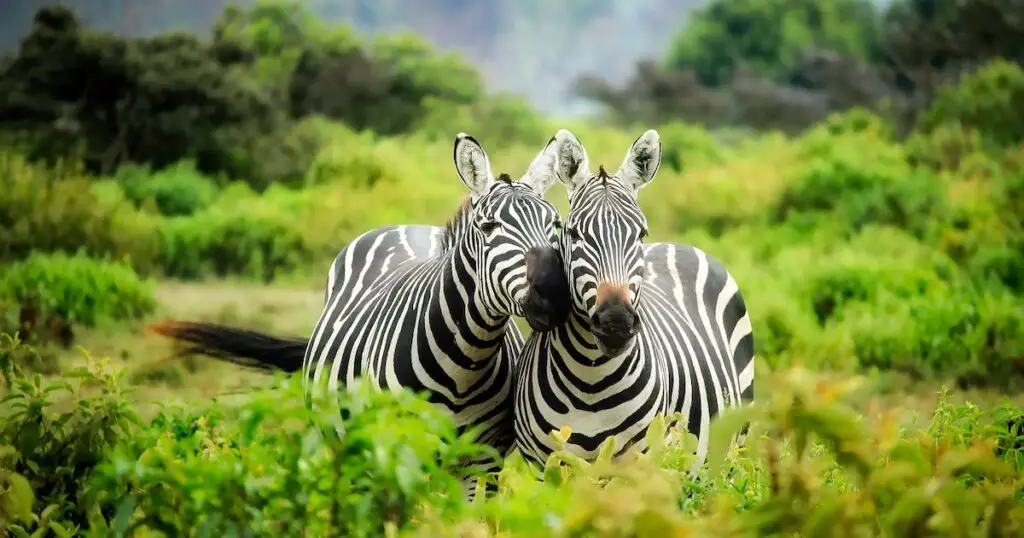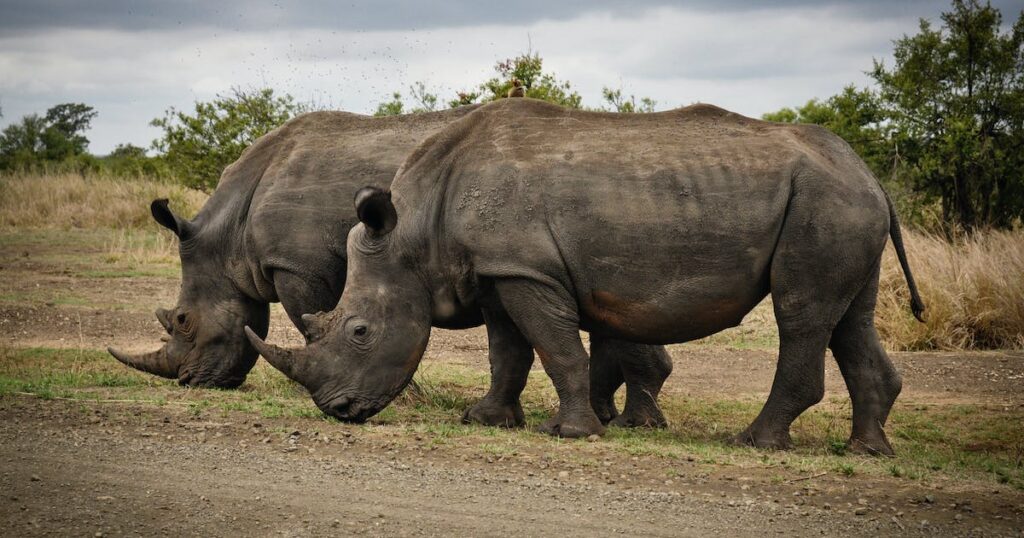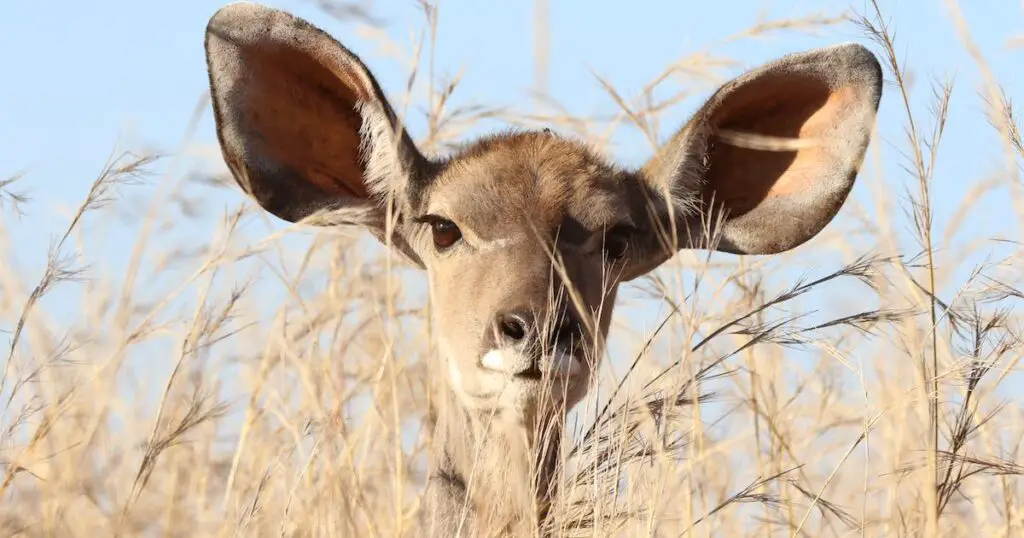As communities worldwide become more conscious of their impact on the environment and animal welfare, questions about the ethics of wildlife parks have come to the forefront. With many people seeking out unique experiences and a connection with nature, wildlife tourism has become a popular industry, but at what cost?
This article will explore the ethical issues surrounding wildlife parks, their risks to well-being and safety, and what constitutes ethical wildlife tourism.

What are the Ethical Issues with Wildlife Tourism?
Wildlife tourism encompasses a broad range of activities, from visiting zoos and aquariums to animal encounters in their natural habitats. While these experiences can be enjoyable for visitors, several ethical concerns must be addressed. One of the major issues is the exploitation of animals for profit, often resulting in neglect, abuse, or mistreatment. Many wildlife parks are run as businesses, prioritizing profit over the well-being and safety of their animal residents.
Another concern is the impact of captivity on wild animals. Animals that are kept in small enclosures or forced to perform for visitors can suffer from stress and boredom and even develop mental health issues. Additionally, removing animals from their natural habitats can disrupt ecosystems and lead to imbalances in the local environment.
What is Wildlife Tourism?
Wildlife tourism can be defined as any activity that involves viewing or interacting with wild animals. This includes visits to zoos, aquariums, safari parks, and other facilities where animals are kept in captivity. It also includes activities like whale watching, birdwatching, and wildlife photography tours.

While some forms of wildlife tourism can be educational and beneficial for conservation efforts, others have detrimental effects on animal welfare and the environment. Understanding the different types of wildlife tourism and their potential impacts is important before participating in these activities.
Are Wildlife Parks Ethical?
The answer to this question is not a simple yes or no. While there are many ethical concerns surrounding wildlife parks, there are also examples of well-managed facilities prioritising animal welfare and conservation. Researching individual parks before visiting and supporting those with high ethical standards is essential.
Some factors to consider when determining the ethics of a wildlife park include:
- Size and design of animal enclosures: Are they large enough to provide a suitable animal habitat, and do they have enrichment activities to stimulate natural behaviours?
- Conservation efforts: Does the park support conservation initiatives or contribute to local communities in ways that benefit wildlife?
- Animal welfare policies: Does the park have strict protocols in place for caring for their animals, including proper nutrition, medical care, and enrichment?
- Transparency: Does the park openly share information about its practices and allow visitors to see its operations behind the scenes?
Risks to Wellbeing and Safety
Aside from ethical concerns, there are also risks to physical well-being and safety when visiting wildlife parks. These can vary depending on the type of experience offered, but some potential hazards include:
- Physical contact with animals: Interacting with wild animals can be dangerous, even when they are trained or accustomed to human interaction. Visitors may unknowingly put themselves and the animals at risk by participating in activities like feeding, petting, or taking photos.
- Disease transmission: Animals are kept close to each other, and humans can spread illnesses that can harm both parties.
- Injuries caused by inadequate enclosures: If animals are not properly contained, they may escape and cause harm to visitors or themselves.

It is crucial for wildlife parks to prioritize visitor safety and implement measures to prevent accidents and injuries. However, it is ultimately the responsibility of individuals to educate themselves about potential risks and make informed decisions about their participation in certain activities.
The Cruellest Attractions in the World
As much as we may enjoy seeing exotic animals up close, some wildlife parks are nothing more than cruel attractions that exploit and harm their animal residents.
These include facilities where animals are forced to perform tricks for entertainment, kept in inadequate conditions, or bred for commercial purposes. Some of the cruellest attractions in the world include elephant riding camps, dolphin shows, and tiger temples.
FAQs
Are all wildlife parks unethical?
No, not all wildlife parks are unethical. There are some well-managed facilities that prioritize animal welfare and conservation efforts. It is important to research individual parks before visiting and support those that have high ethical standards.
Is it safe to visit a wildlife park?
It depends on the park and the activities offered. Some wildlife parks may pose risks to physical well-being and safety, so educating yourself about potential hazards before participating in any activities is essential.
How can I support ethical wildlife tourism?
You can support ethical wildlife tourism by visiting well-managed parks that prioritize animal welfare and conservation initiatives. You can also educate yourself and others about the potential impacts of different forms of wildlife tourism and make responsible choices while travelling.
Conclusion
While wildlife tourism can be a rewarding experience, it is important to consider the ethics behind these activities and the potential risks involved. By supporting ethical wildlife parks and making responsible choices, we can help protect the well-being of animals and promote sustainable tourism practices. Together, we can create a more inclusive and community-centric approach to wildlife tourism that values animals and humans. Let’s make sure our interactions with wild animals are humorous for all the right reasons.



Leave a Comment
You must be logged in to post a comment.